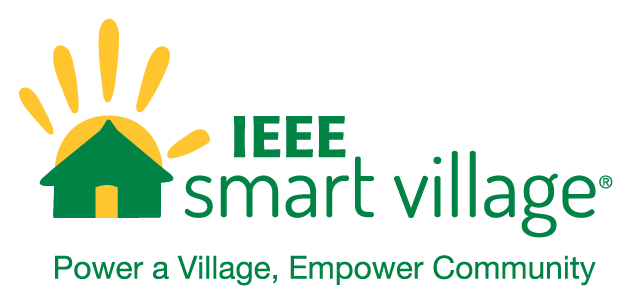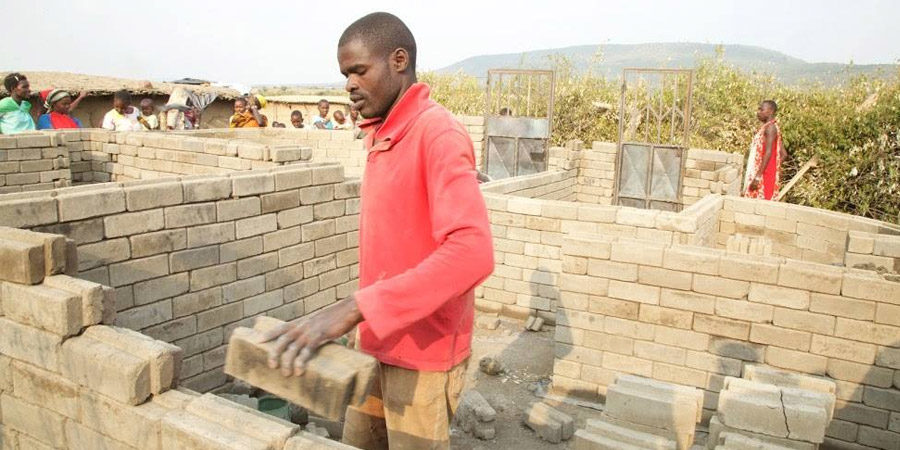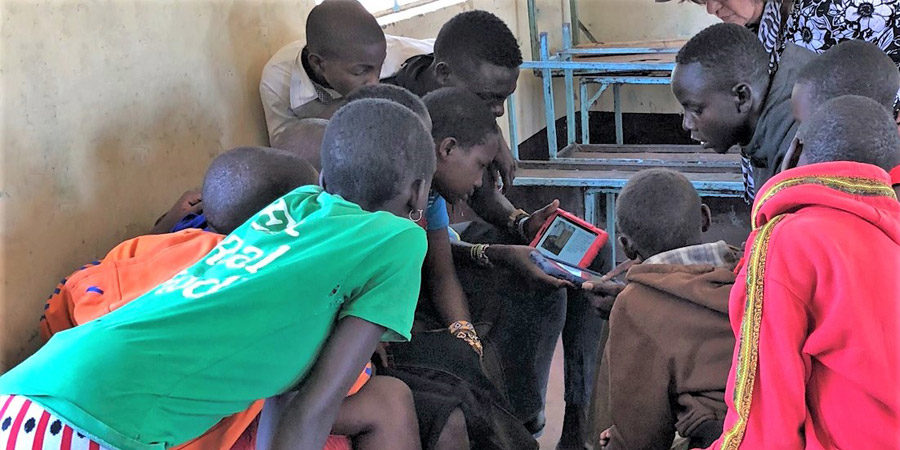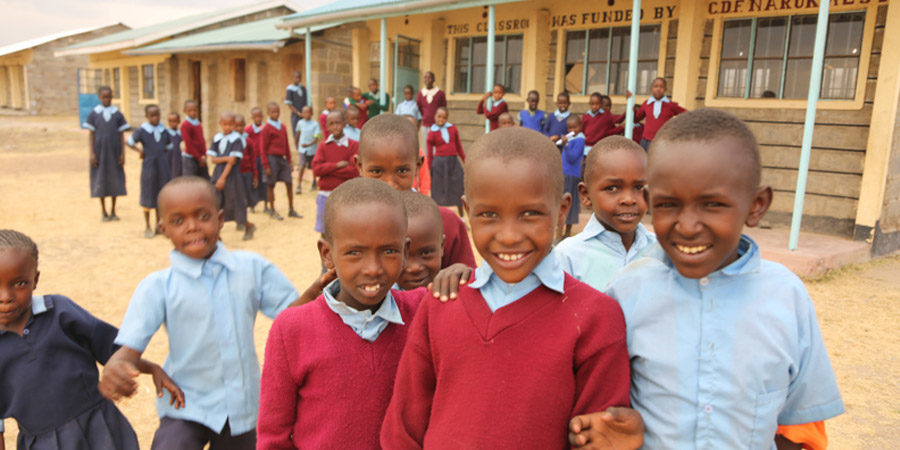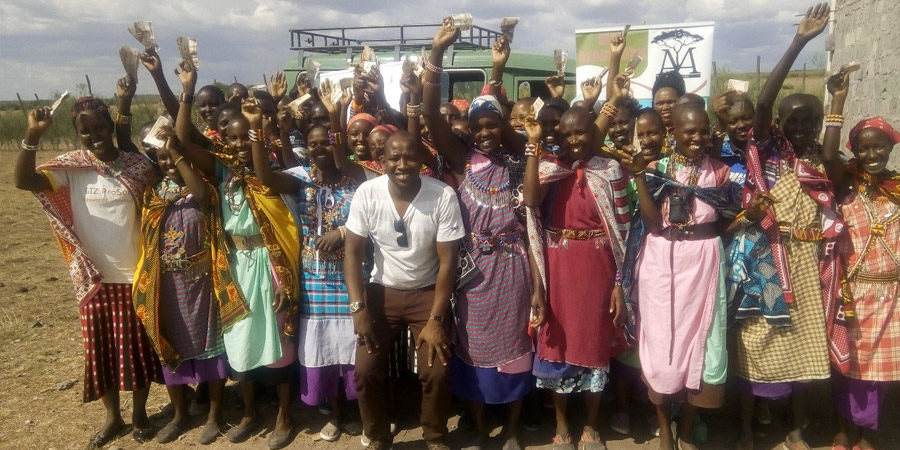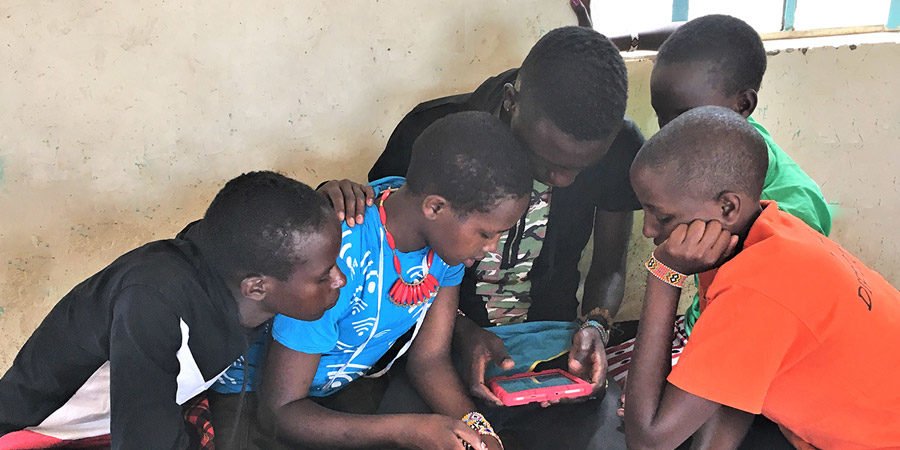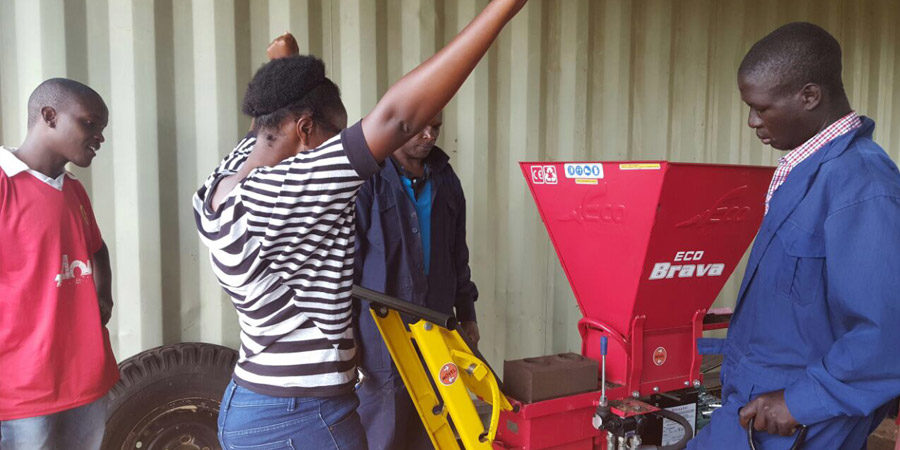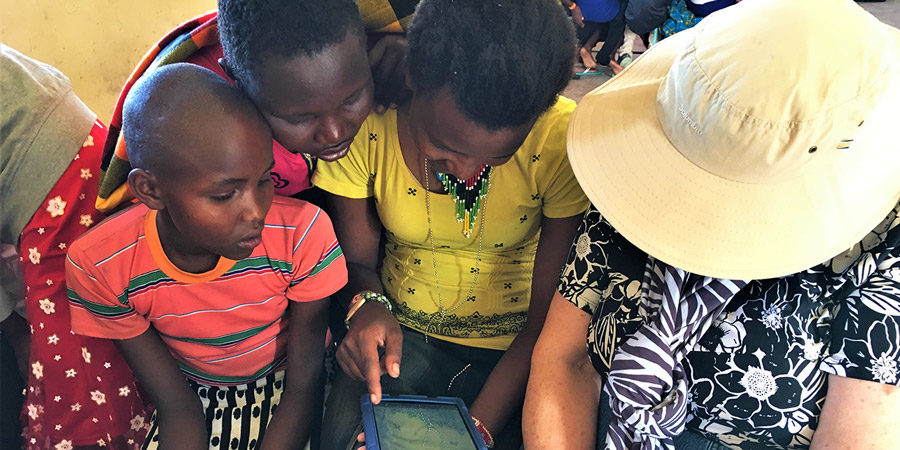The Maa Trust (TMT) – Kenya
Located on the border between Kenya and Tanzania, the scenic Maasai Mara conservation area is home to IEEE Smart Village’s education program led by the The Maa Trust. The initiative is the brainchild of Maasai elders who are concerned about the youth within their society, including the low quality of education that their children are receiving in local schools, the number of unemployed youth, and the social vices that this creates.
As a result, the Maasai leaders have requested The Maa Trust to explore ways in which education within schools can be improved, and older youth can find training and employment opportunities. Historically, Maasai were denied education opportunities because of their tribal reputation and this has had long lasting implications reaching to present day. Illiteracy among women is extremely high; 92% of women in the Maasai region have not received any formal education.
In 2018, ISV Education Committee awarded The Maa Trust $50,000 USD with the support of IEEE Power and Energy Society to enhance the quality of school education through teacher IT training and ongoing support, as well as introduce computer-based career guidance to help link youth with training and employment opportunities.
The program builds upon The Maa Trust’s success in establishing entrepreneurial and vocational training programs providing employment for 570 women through beadwork and honey farming. The vocational training programs empower women and provide them with an alternative income, enabling them to make their own financial decisions for the benefit of their families.
A community survey found that the highest priority for 37 percent of women currently engaged in The Maa Trust’s social enterprises was ensuring their daughters go to school. As a result, a series of educational outreach programs are planned, including the construction of a boarding school and multiple summer camps designed to provide supplementary education in social issues, literacy (in English, Swahili, and Maa), mental health, and career guidance. The education programs simultaneously reduce the children’s risk of being forced into childhood marriage or childhood labor.
Community Impact Data
| Population to be reached | 8,700 students; 35,000 adults |
| Desires expressed by local community | Increased numeracy, literacy, IT and employment skills |
| Number of schools | 9 pre-school, 16 elementary, 11 primary, 3 secondary, 1 boarding school, additional community centers under construction |
| Numbers of students per school | 20 to 700 per school |
| Immediate needs of schools | ICT classes, teacher training, textbooks, after-school programs, water, sanitation, internet access |
| Adult literacy rate | Men: 50% | Women: 20% |
| Jobs to be created | IT outsourcing, local artisan crafts (beadmaking), construction & brickmaking, sustainable agriculture, micro-enterprise startups |
| Technologies provided | Brickmaking, rainwater harvesting, TV-white space, IT hubs, EmpowerReader digital libraries |
